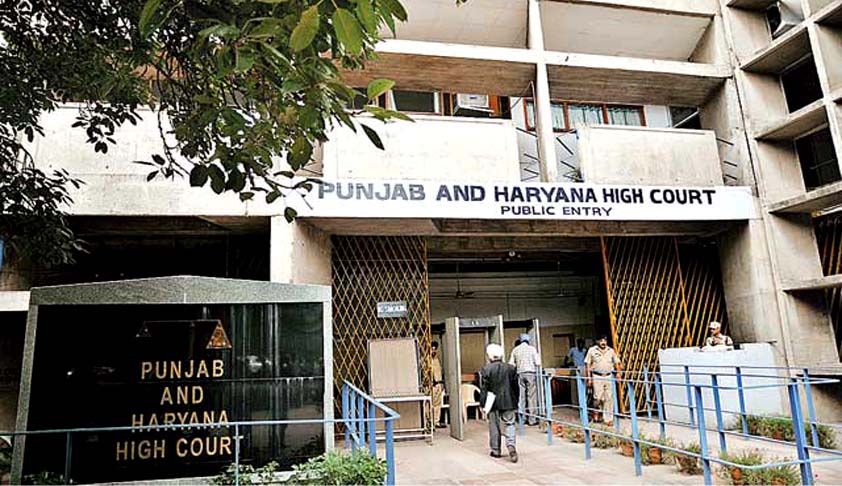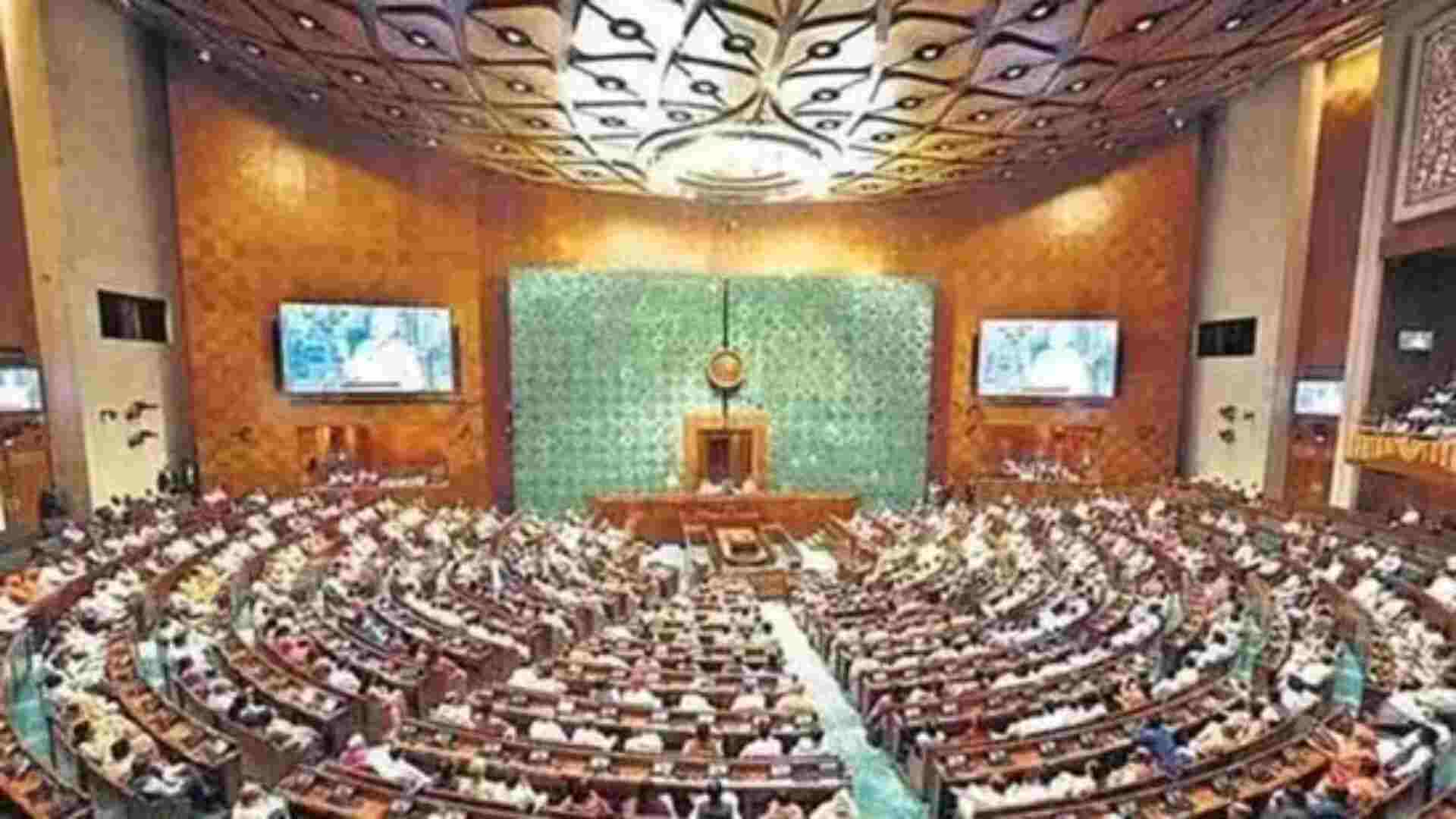
In a bid to address traffic congestion, the Punjab and Haryana High Court has directed the Chandigarh Director General of Police or Senior Superintendent of Police to devise a plan for the trial opening of Naya Gaon Road in front of the Punjab Chief Minister’s residence, starting from May 1.
The division bench of Acting Chief Justice G S Sandhawalia and Justice Lapita Banerji mandated the road’s opening on working days from 7 am to 7 pm initially, foreseeing an alleviation of traffic woes during peak hours.
The closure of the road traces back to the turbulent period of terrorism in the 1980s. However, the court underscored the necessity to adapt to changing circumstances, prompting the reconsideration of the road’s closure.
Referring to a similar initiative at the Lake on weekends, where partial road closures facilitate a vehicle-free environment for visitors, the bench proposed a comparable approach for the designated stretch of road.
Furthermore, the court emphasized the need for preemptive measures to avert potential disruptions, especially during demonstrations, to safeguard sensitive areas.
The directive stemmed from a suo-motu proceeding concerning traffic infrastructure in Chandigarh. Earlier, the court had urged the Chandigarh administration to reassess the closure’s impact on public convenience.
During proceedings, the court scrutinized an affidavit from Kanwardeep Kaur, Senior Superintendent of Police, Chandigarh, highlighting security concerns, including the threat of explosives and drones.
However, the court criticized the authorities’ stance, suggesting a biased assessment of threats, which seemed detached from public welfare.
Additionally, the bench condemned the perception of public grievances as security threats, citing Lord Acton’s adage on the corrupting influence of power.
Addressing mobility plans for Chandigarh Tricity, the court urged Punjab’s cooperation, emphasizing its potential benefits.
The court’s decision aims to balance security concerns with public convenience, signaling a proactive approach towards traffic management in the region.















